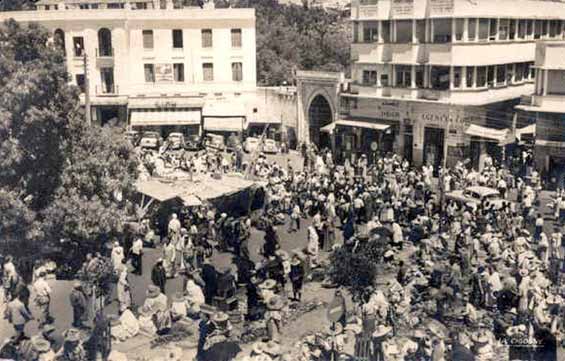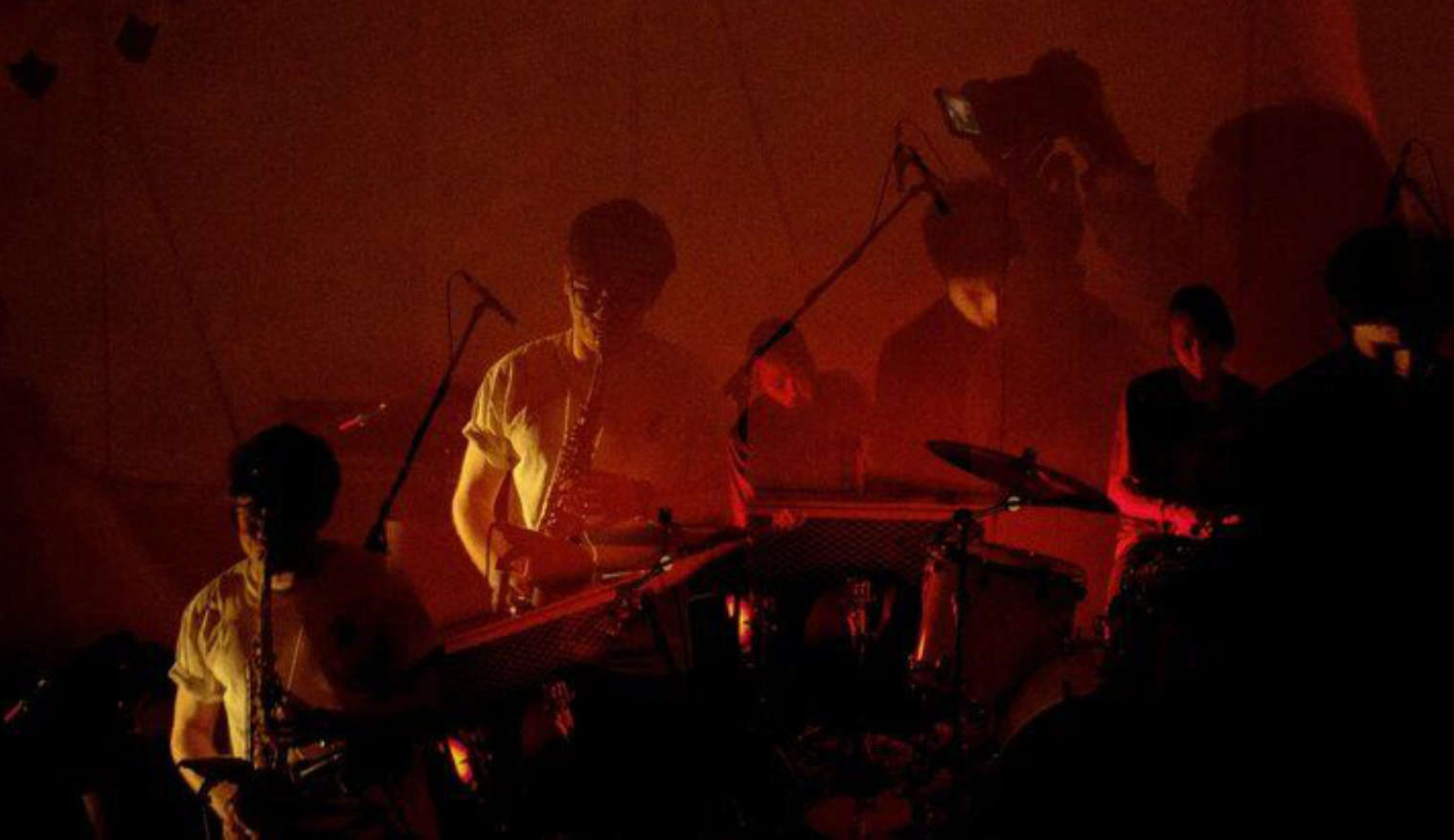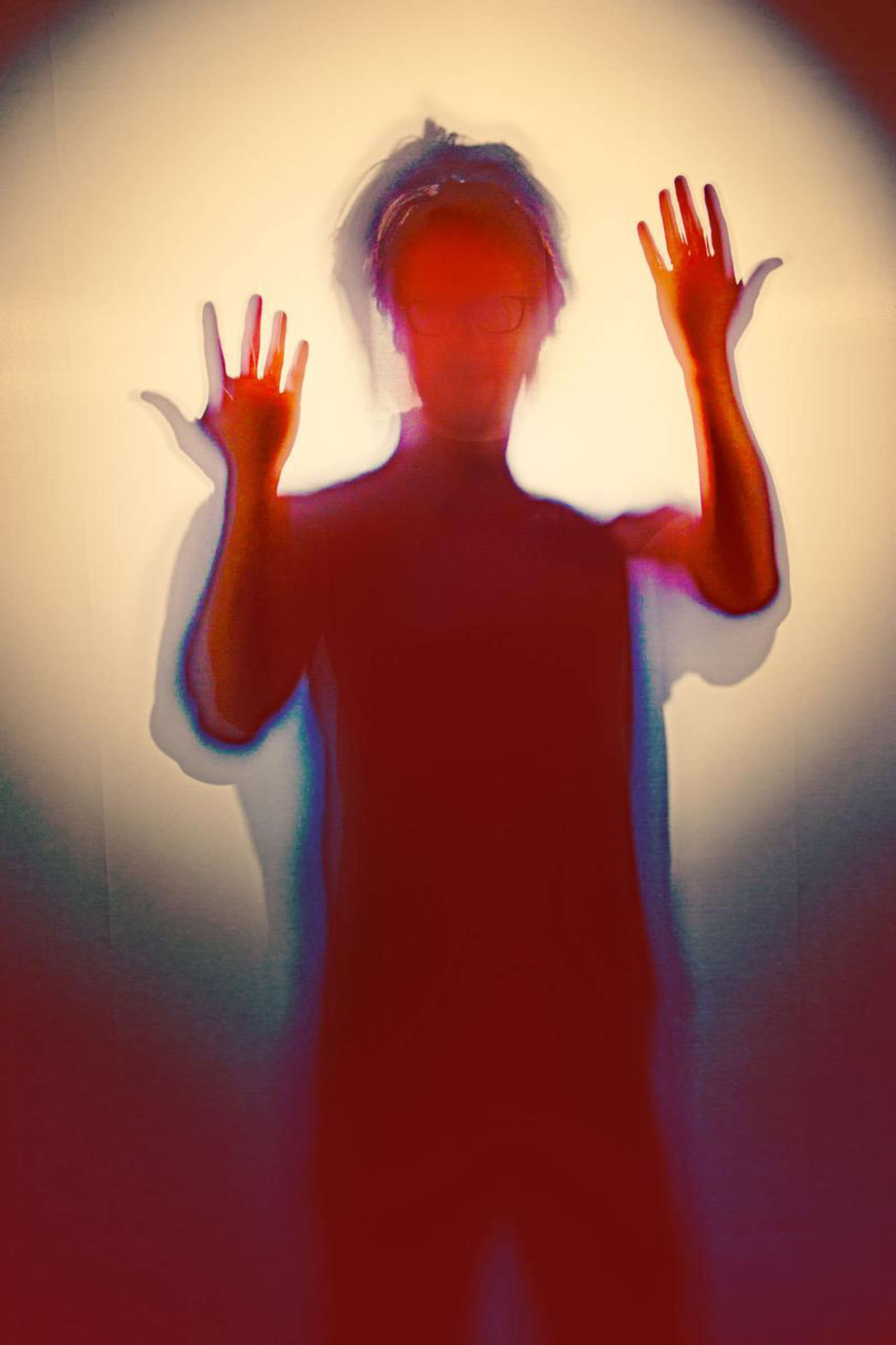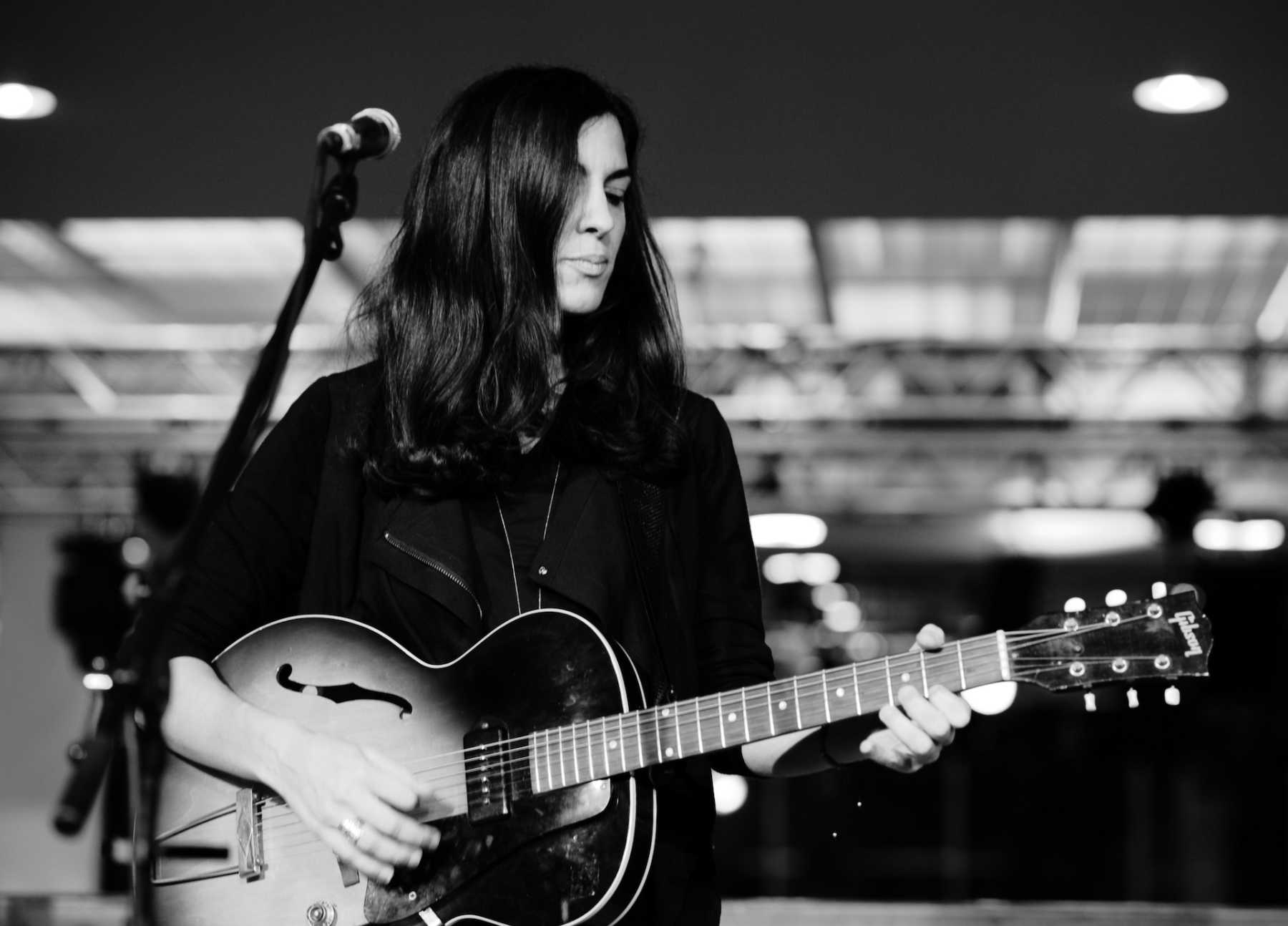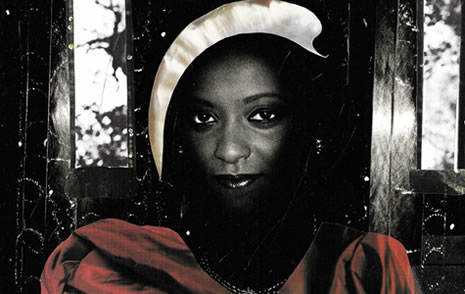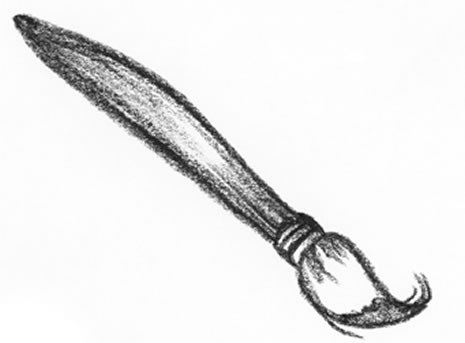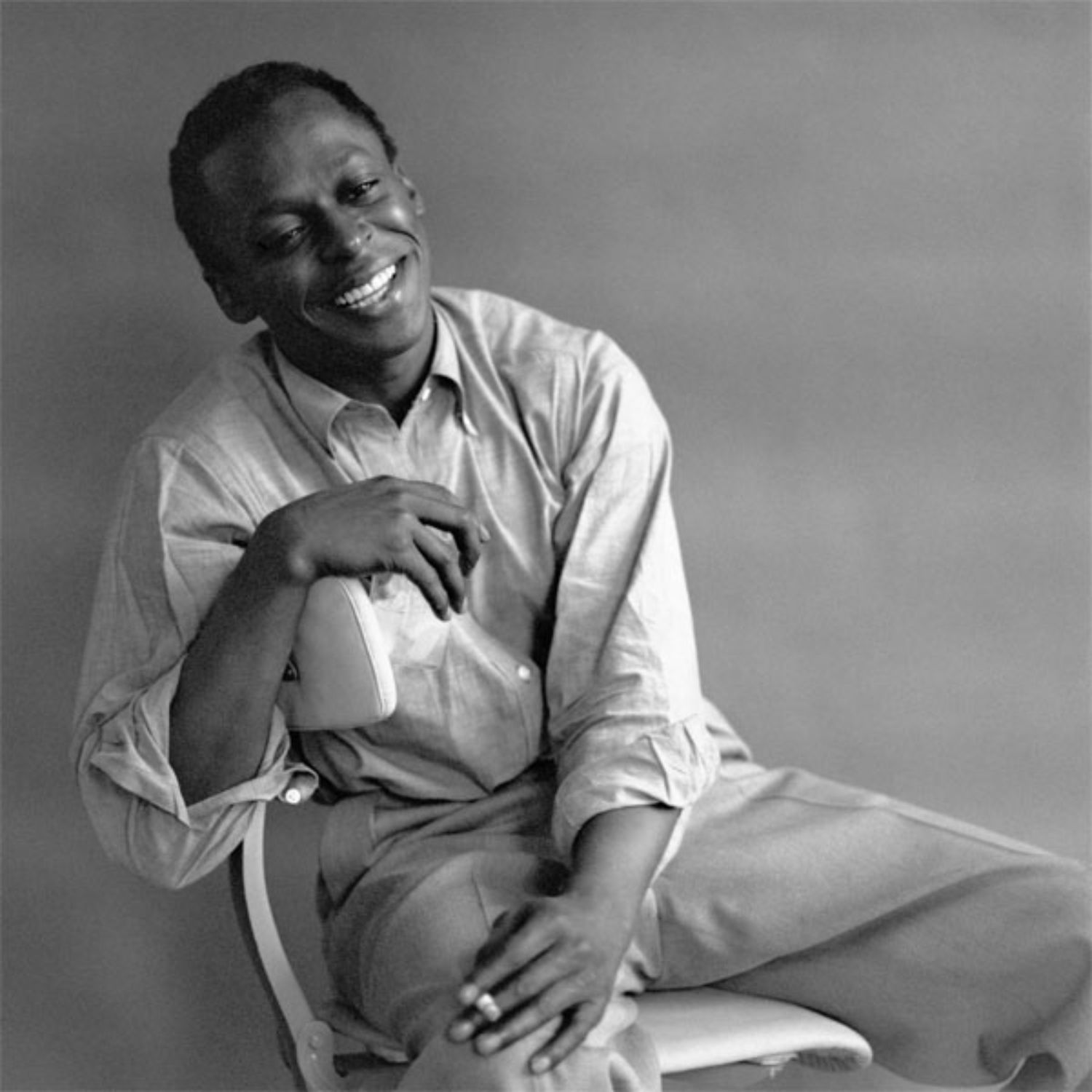What is Sufi? It seeks to bring the true believer, via trance, into direct contact with Allah. Amongst the tools at the disposal of the Sufi is pulsating, rhythmic, repetitive and sensual music, the purpose of which is to throb the listener into a state of trance. Sufis gather in brotherhoods under the tutelage of a "sheik" who is both leader and teacher.
Music is the backbeat to Morocco. Youth are in thrall to rai singers like Cheb Khaled or post-rai stars like Bilal but traditionally the country's rich heritage of folk music was enjoyed in public spaces such as Marrakesh's Place Djemma el Fna or Tangier's Socco Grqnde, captured above in its prime.
The two best known Moroccan Sufi musical brotherhoods are The Master Musicians of Joujouka and the Gnoua. Joujouka is a village in northern Morocco and all the Master Musicians, by definition, come from that neck of the woods. They're currently divided into two factions, one of which - The Master Musicians of Jajouka featuring Bachir Attar - has strayed a long way from anything that might be called the Sufi path in order to meet the demands of the international music biz. The other group, with which I have an involvement, are the last generation of Musicians to be trained by Hamri the Painter of Morocco. Gnoua are more liberally sprinkled across North Africa and have substantial enclaves in Marrakesh and other Moroccan towns.
Joujouka enjoy a certain international mystique because of the brief involvement of Rolling Stone Brian Jones and the subsequent dalliance with the group by waves of self-styled seekers after nebulous wisdom or personal glory.
After the attack on the World Trade Centre the CIA began to look upon Sufi as a benign branch of Islam that could be manipulated to the benefit of American foreign policy. They saw Sufism as "Islam for pussies
Joujouka and Gnoua, outwardly, have little in common. Joujouka are country boys, most of the Gnoua one comes across are determinedly urban. Joujouka's tragedy has been that they've been incapable of looking after their own affairs; Gnoua are more streetwise.
Gnoua seem to be organised along conventional Sufi lines with covert Sufi command structures and a regular religious ceremony at which the deities are summoned forth. They're greatly concerned with the mysticism of colours and animism plays a part in their world view. The village of Joujouka, on the other hand, plays host to the final resting place of a Sufi saint. Visits to his shrine are said to bestow peace of mind on troubled souls. The fact that the troubled souls tend to leave the place more disturbed than they were when they arrived is by the way.
I once showed a Tangier Gnoua CD to a friend of mine. The cover featured a photograph of four musicians. My friend's comment on the photograph was, "That one, that one, and that one are the biggest junkies in Tangier."
A 2008 trip by foreigners to Joujouka, to commemorate Brian Jones' visit to the village 40 years previously, exemplifies the manner in which Sufi music can be used as a tabla rasa on which one can write one's own script. The purpose of the Boujeloud ritual at which the Master Musicians perform is a serious one, to bring believers into intimate contact with a timeless force. I suspect that some of the 2008 visitors were not seeking intimate contact with God. If the Joujouka Myspace is anything to go by, they were greatly concerned with wishing one another "peace and love"-style platitudes. What seems to be their inadequate spiritual awareness owes everything to cliches concerning the 60s, a credulous fatuous time, and little to Sufism.
This is an extract from an article by Joe Ambrose. The full version can be read in the new issue of the Dublin-based fanzine, The Devil on 45. Email them: thedevilon45@yahoo.ie Post: Don45/ PO Box 10967/ Rutland Place/ Dublin 1.
